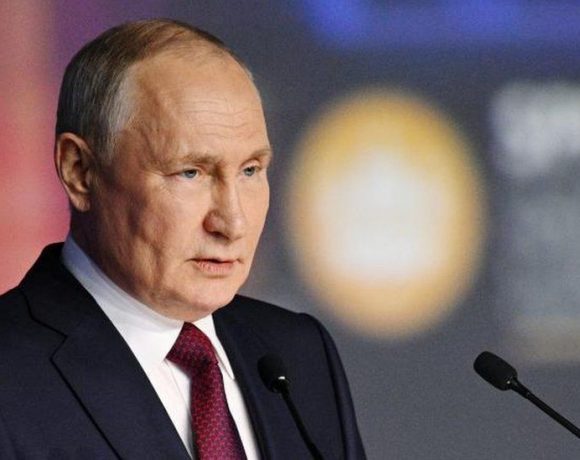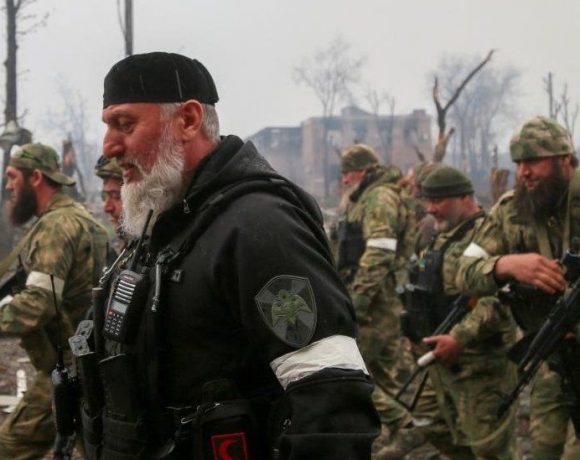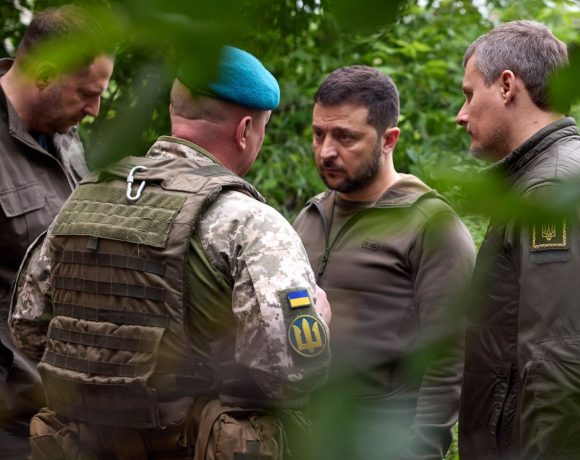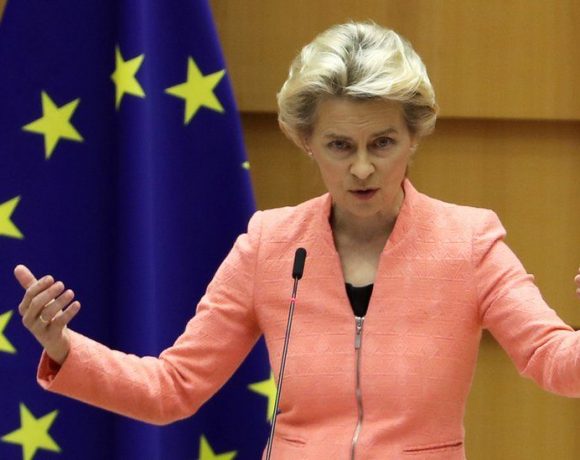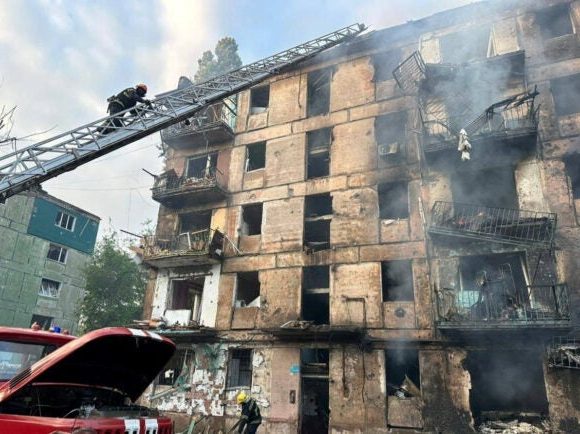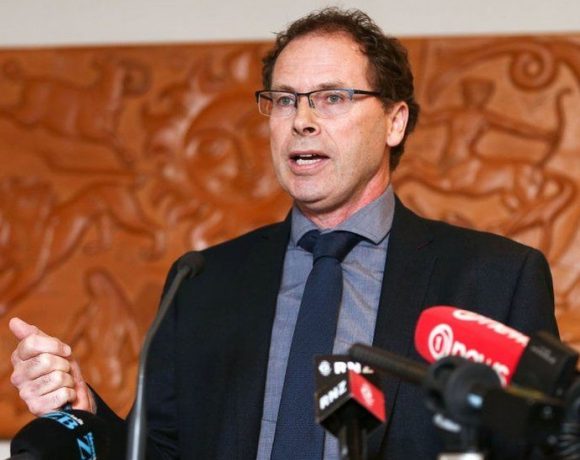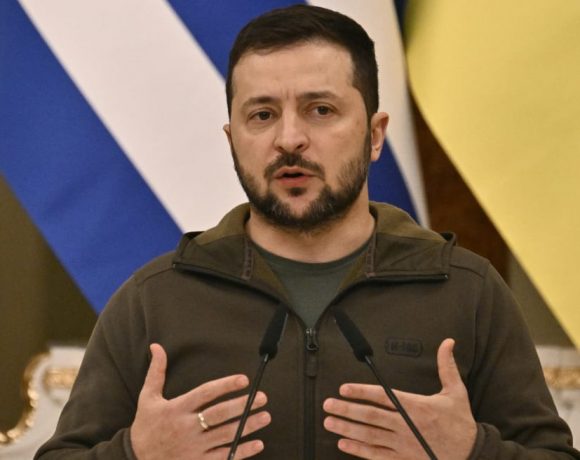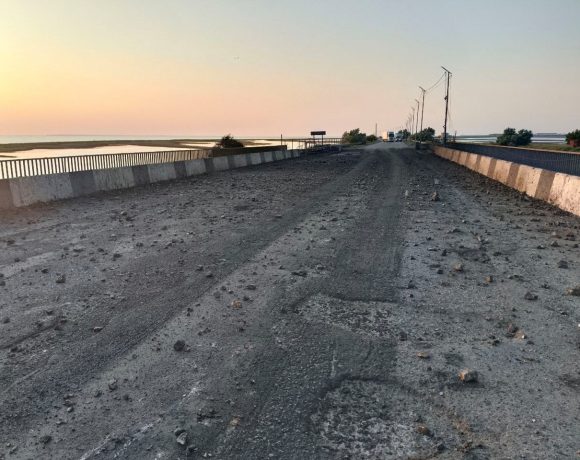
According to Russian officials, Ukraine has launched an attack on a bridge that connects southern Ukraine to the Crimean peninsula using long-range British missiles. The two Chonhar bridges were both damaged, but there were no casualties reported. The governor of occupied Kherson, Vladimir Saldo, claimed that the attack was likely ordered by London and carried out using British Storm Shadow missiles. The bridge is a crucial route from Crimea to the front line in the south and serves as a significant link to the occupied city of Melitopol. Photographs shared by Vladimir Saldo revealed a significant hole in one of the bridges, but he assured that repairs would be made promptly and temporary alternative routes would be provided for vehicles.
Russia relies on this road as a land connection to Crimea, and Melitopol is believed to be one of the targets of Ukraine’s counter-offensive, which commenced in the southern region of Zaporizhzhia earlier this month. In 2014, Russian forces seized the Crimean peninsula from Ukraine and subsequently invaded Ukraine’s southern coastal region in February of the following year. Last autumn, Ukraine recaptured the Kherson region situated north of the Dnipro river. However, this month, the Kakhovka dam on the river was destroyed in a suspected Russian sabotage attack, which has impeded a Ukrainian offensive across the Dnipro.
Ukraine’s offensive has been progressing slowly, with the recapture of eight villages thus far. Russian forces have continued targeting Ukrainian cities, including residential areas in President Volodymyr Zelensky’s hometown of Kryvyih Rih and the southern port of Odesa. President Zelensky informed the Ukrainian people that intelligence services had received information about Russia planning a “scenario of a terrorist attack” on the Zaporizhzhia nuclear plant, which was seized during last year’s full-scale invasion. The plant, the largest in Europe, has all its reactors shut down; however, the United Nations’ atomic energy agency warned about the “extremely fragile” safety and security situation there. Water levels in the channel used to cool the reactors have decreased due to the destruction of the Kakhovka dam, and tensions have risen around the plant amid reports of Ukraine’s counter-offensive. The Kremlin swiftly dismissed President Zelensky’s comments as “another lie.”
Picture Courtesy: Google/image are subject to copyright

